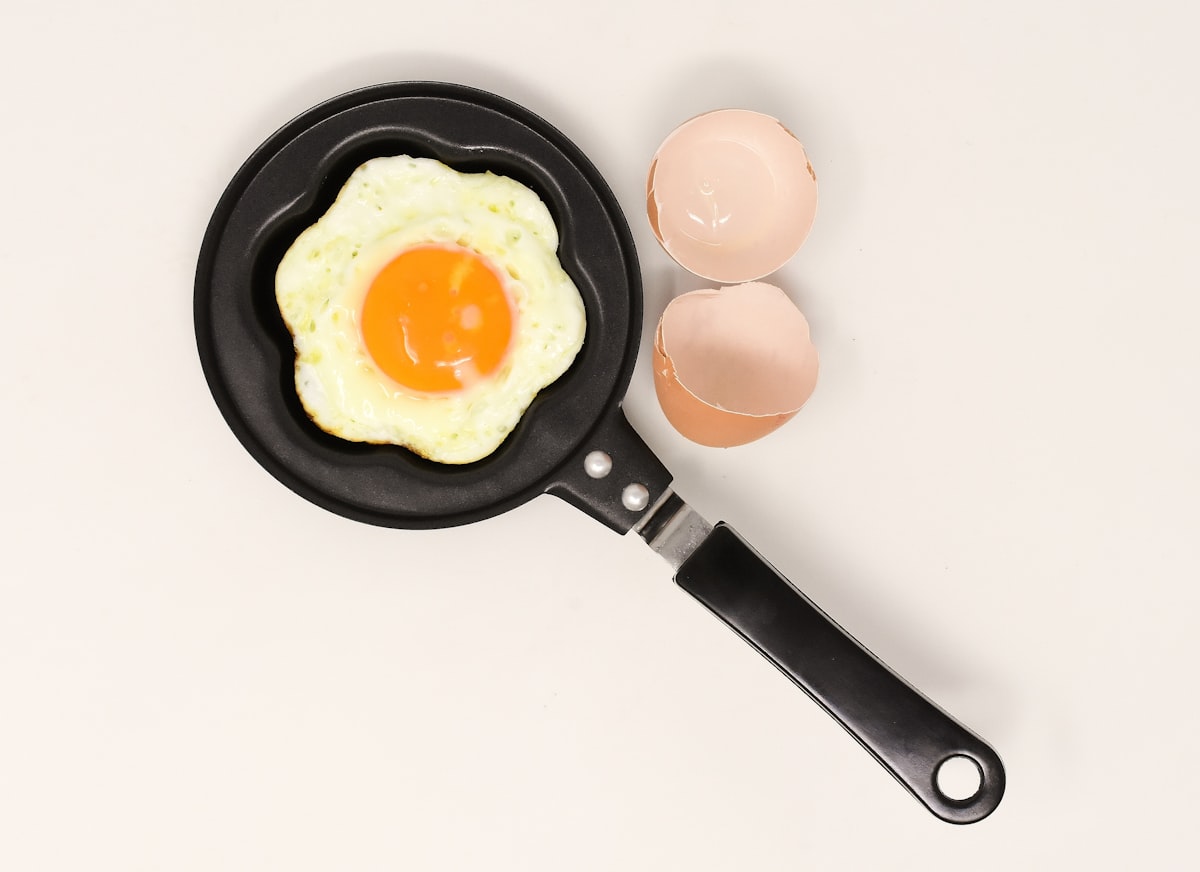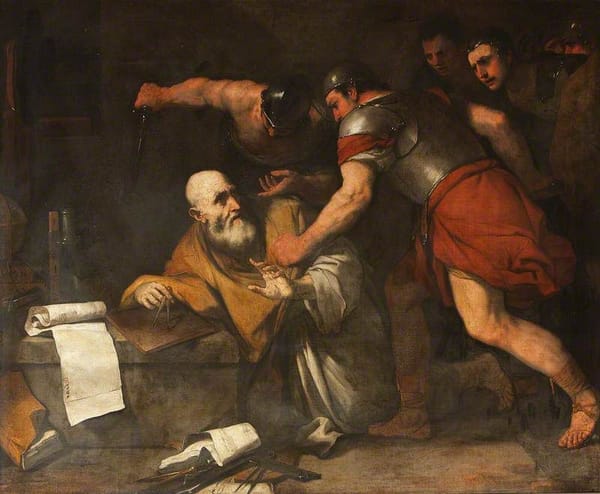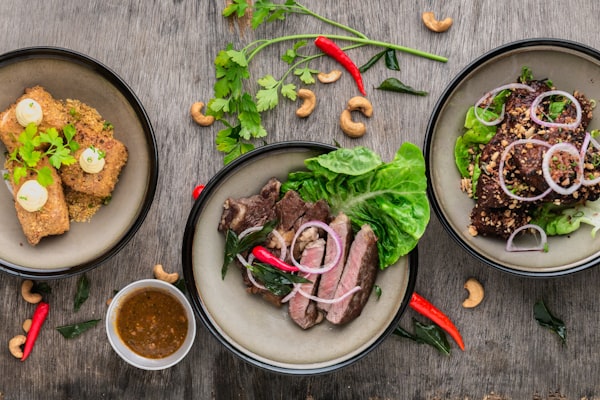Proteins

Proteins are some of the most important molecules to be found in your body. They are the building blocks of tissue. Proteins can also be used as a fuel source after carbohydrates and lipids.
Proteins perform several essential functions in cells, such as regulating cell processes, forming structural components of certain cells, transporting substances into and out of cells, healing to fight disease, and controlling the rate of chemical reactions (enzymes).
Some important proteins are:
Amino Acids
Amino acids are a wide range of proteins. They all have a central carbon atom, an amino group, and an acid group. To get amino acids, we need to eat proteins, like eggs because we cannot synthesize them.
Antibodies
Antibodies detect and destroy bacteria. Antibodies are made by your body, so you won't be able to get them anywhere else. However, there are foods that boost antibody production, like foods rich in vitamin A.
Enzymes
There are many types of enzymes, but they all have the same function. Enzymes carry out the various chemical functions of your cells. Some enzymes deal with turning food into energy, others read genetic information in DNA, and so on.
Messenger Proteins
As you can probably guess, messenger proteins send messages to other cells, tissues, or organs. An example is the growth hormone.
Besides these examples are structural component proteins and transport\storage proteins. As you can see, proteins perform most of the functions in your body. We wouldn't be much without these molecules!




